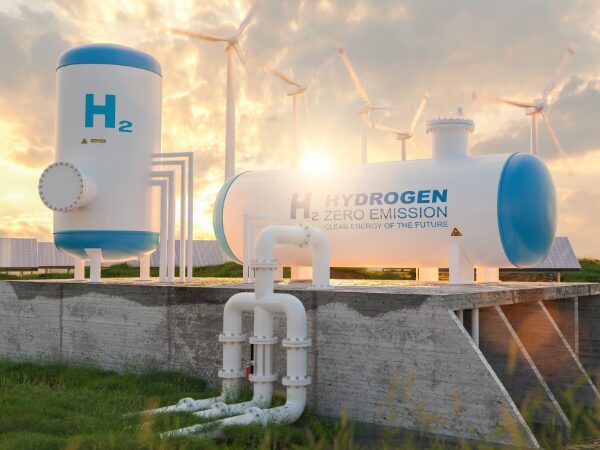New Clean Hydrogen Tax Credit on the Horizon
A new tax credit, the clean hydrogen tax credit, may be on the horizon for businesses that invest...

Grant evaluation and impact assessment play a crucial role in securing a grant. Obtaining a grant for your project is an accomplishment, but true success lies in the impact your project makes in the real world. Grant evaluation and impact assessment are vital components of any project, helping you measure and demonstrate the effectiveness of your initiatives. By implementing a thoughtful evaluation plan, you can gain valuable insights into your project’s progress, identify areas of improvement, and effectively communicate your achievements to stakeholders. In this article, we will explore the importance of grant evaluation and impact assessment and discuss key steps to measure the success of your project and help you secure a grant.
Grant evaluation and impact assessment play a crucial role in understanding the effectiveness and long-term sustainability of your project.
First, it is important to note that grant funding often comes from public or private entities with a vested interest in ensuring their resources are well-utilized. Evaluation and assessment provide transparency and accountability, demonstrating that the grant funds have been used wisely and generated the intended outcomes. Moreover, evaluation allows you to gather feedback, identify strengths and weaknesses, and learn from the implementation of your project. It helps you refine your strategies, enhance your project’s overall effectiveness, and make informed decisions based on concrete evidence, which is of great benefit when seeking additional funding or extending your project, as data-backed insights are essential for convincing funders, stakeholders, and partners about the value and impact of your work.
To effectively measure the success of a project, it is advised to start by defining clear and measurable objectives for the project, which should align with the goals outlined in the grant proposal, then breaking them down into specific indicators that can be tracked and measured. For example, if your project aims to reduce GHG (greenhouse gases) emissions, an indicator could be GHG emissions savings per kilowatt-hour (kWh) of electricity generated.

Afterwards, it is crucial to implement data collection methods and gather the required information, ensuring the data is accurately recorded and properly stored. Subsequently, data analysis will be conducted, using appropriate statistical techniques or qualitative analysis methods (depending on the nature of the data).
These steps will also impact the evaluation phase. They facilitate measuring the impact of the project by comparing the achieved outcomes against the established indicators, and assessing whether the project has reached its intended targets, while highlighting the factors that contributed to success or hindered progress.
Consequently, they will allow the project managers to identify areas for improvement, and making necessary adjustments to the strategies, implementation approaches, or resource allocation. However, evaluation and impact assessment should not be seen as a one-time activity, as it is advised to regularly review and evaluate the project’s progress to ensure continuous learning, improvement, and adaptation.
These measures will help complete concise reports, presentations, or visualizations that highlight key findings, successes, challenges, and recommendations for future action, to communicate the results to the stakeholders, including the funders.
Grant evaluation and impact assessment are essential for measuring the success of your project and demonstrating its value. By systematically evaluating your project’s progress, outcomes, and impact, you can gather valuable insights, improve your strategies, and communicate your achievements effectively, which will increase your chances in attracting investment and obtaining more funding in the future. Evaluation is an ongoing process that should be integrated into your project from its inception, thus helping you maximize the positive effects of your project and contribute to meaningful change in your community or field of work.
If you are hoping to secure a grant for your project, at Leyton, our experts can help you develop a compelling application without disrupting your day to day activities. Schedule a free consultation with one of our consultants now!
Explore our latest insights
More arrow_forward
A new tax credit, the clean hydrogen tax credit, may be on the horizon for businesses that invest...

The Clean label has transitioned from trend to a lifestyle placing pressure on the food and bever...

The Industry 4.0 represents a blend of two industries: information technology and manufacturing. ...

Provincial governments are slowly unveiling their provincial budgets outlining fiscal strategies ...